




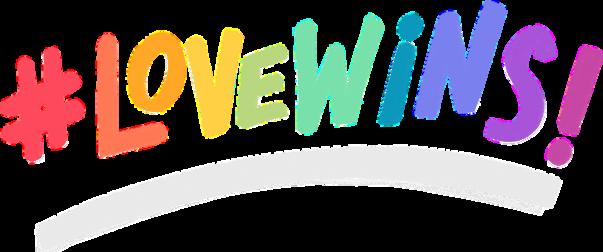








Thank you for checking out our e-magazine! This is our 3rd Issue and our PRIDE Issue! Read on for personal stories (including my own), research accomplishments, and more!
FEMISH has so much to share, from research, organizational updates, personal experiences, and more. We want to bring it to you in a fun and interactive way.
FEMISH is a 501(c)3 nonprofit organization, currently running on volunteer fuel If you would like to assist with the creation of this monthly magazine, we are looking for editors, writers, marketing, you name it!
Have a story to share? Found a relevant news article we should talk about? Know someone we should interview? Let us know by reaching out to info@femish org and check out our Contributor Form linked on the last page
Don’t forget to subscribe to our website and follow our social media accounts: Instagram, Facebook, Tiktok
Thank you for all your support! Together we can create a welcoming and inclusive world
Our next issue will be out in June and of course, will be our Pride Issue! See you then!
FOUNDER OF THE FEMISH ORGANIZATION, Samantha MartinKate Leffner is am a writer and marketing specialist in Boston, MA Her previous publications include short stories and personal essays on LGBQTIA+ issues, generational trauma, and interpersonal relationships you can find here and here.
A FEMISH Intern, Becca Schneider is a rising senior at Lake Forest College in Lake Forest, IL. She is studying Sociology with a minor in gender studies and politics Her goal is to get her doctorate and become a sociologist and study the queer population
FEMISH intern Interested in digital design and illustration She is also a intersectional and queer educator.
Founder of The FEMISH Organization and attorney who was fed up with gender bias and discrimination She stumbled upon the term "femmephobia" and saw the need for this loop-hole in society to be closed
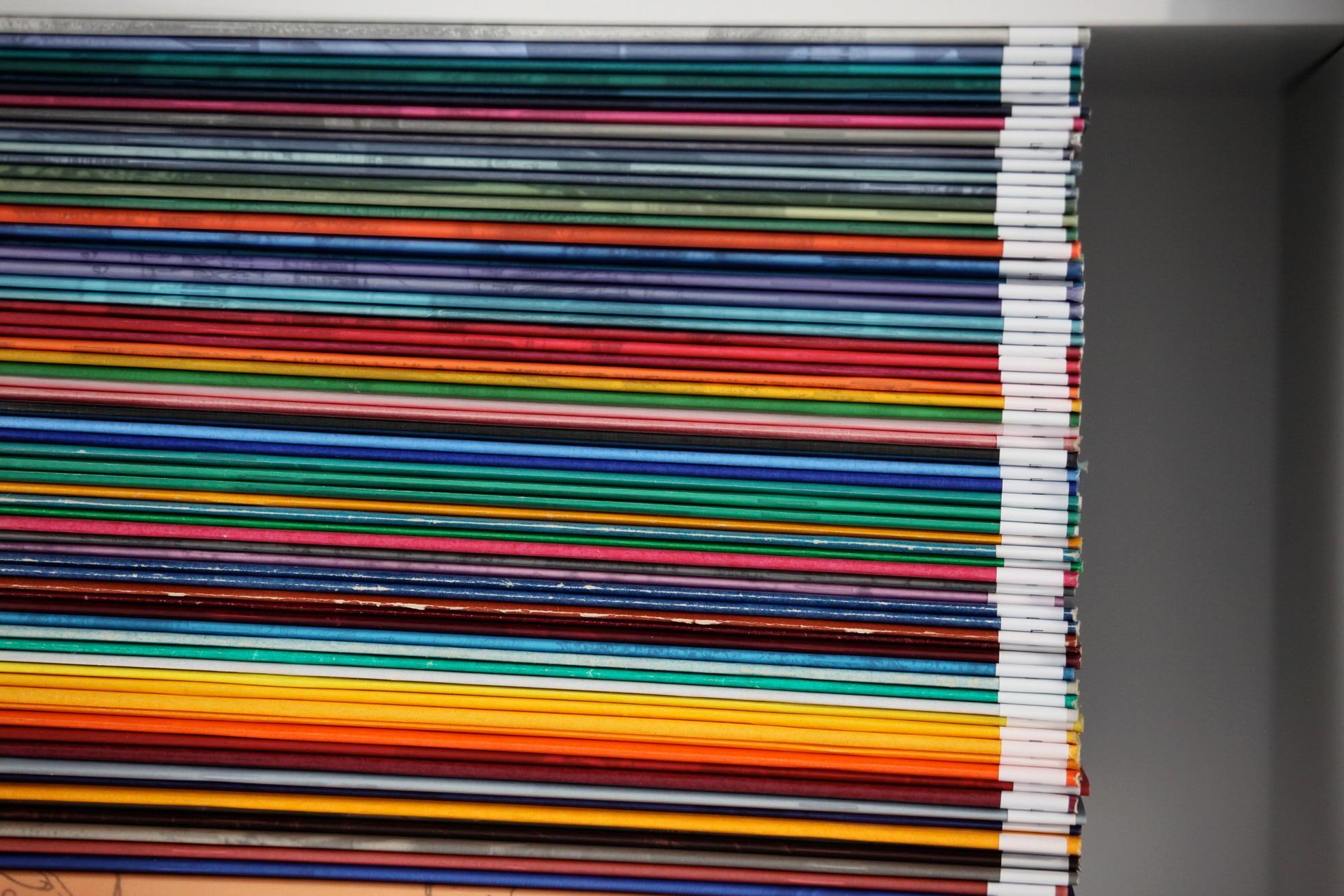 Kate Leffner
Becca Schneider
Sadie Dunning
Samantha Martin
Kate Leffner
Becca Schneider
Sadie Dunning
Samantha Martin
Last year, 2022, during Bisexual Awareness week, I realized that I am bisexual. As a 34-year-old who has been an ally for the LGBTQIA community for a long time, you’d think I would have realized it a while ago
I don’t consider myself to have ever been in the closet. It’s not that I knew I was and just kept it to myself, it was that: 1 I didn’t realize what bisexual truly meant, and 2. my experience discussing that I am sometimes attracted to other women was always normalized to me as something common in straight women.
During Bisexual Awareness Week (Sept 16-23) I came across content creators sharing what it means to be bisexual. To my surprise, it was not 50/50 attraction, like I had assumed Any level of attraction for the same sex is bisexual. So, it didn’t matter that I have a preference for men, or that I have only been with men. It doesn’t matter that I am happily married to a man
Bisexuality is a spectrum. I came across the Kinsey Scale, a heterosexual-homosexual rating scale: 0 being completely heterosexual and 6 being completely homosexual “Ratings 1–5 are for those who report varying levels of attraction or sexual activity with either sex. ”

I was so glad I found this information, somehow, I felt even more like myself. I thought back to all the conversations I have had with other straight women friends over the past 15 years So many of them admit to finding someone of the same sex attractive, usually a celebrity.
“If you had to kiss a girl celebrity, who would it be” “OMG Yes she is so hot” “I’m not gay but I’d be gay for her.”
I’ve seen countless movies and TV shows where female characters express attraction for another woman but were never identified as bisexual; Phoebe from Friends and Lily from How I Met Your Mother, for example. Sure, you can say labels don’t matter. But representation does.
Does society normalize a low level of bisexuality in women as straight? Are people less likely to come out if they are bisexual with a preference for the opposite sex? Is it a label thing, or is it the fear of societal reaction?


My "coming out" experience checked all the potential boxes: pure acceptance from many, juicy gossip for some, and disputatious denial from a few, marking the conversation as political and pushing an agenda.
Who someone is attracted to, who they love, and what their identity is, is not political. Labeling it as such is a way to remove emotion from the subject, morphing it into a taboo topic while allowing the labeler to disassociate from the ignorance of their thoughts and actions.
One of the main questions people ask is if my husband is okay with this. That question equates to asking if my husband is homophobic, and he is not. It’s a silly question that justifies itself in the concern that I am attracted to other people, but here’s the thing: my husband is also not the only man I am attracted to. Shocker! I know So no, my husband doesn’t care, in fact, we bonded over how hot Halsey is.
So there I was, bisexually out, feeling like myself, and yet…afraid to call myself bisexual to others in the LGBTQIA community I had this insecurity that I wasn’t “ gay enough” to be part of the community and that my 20-year heterosexual relationship would prohibit me from truly integrating.
Luckily, I have amazing, well-educated friends in the LGBTQIA community, like our Board Member, Dr. Rhea Ashley Hoskin, who sent me this research paper:
“Where Does the “B” Belong? Anti-Bisexual Experiences, Self-Stigma, and Bisexual Individuals’ Sense of Belonging”
The study looked at how bisexuals can feel in between two worlds. Anti-bisexual experiences can be internalized and create a self-stigma which can lead to feeling like you don’t belong and can play a role in how “out” someone is.
After sharing my realization of my sexual orientation, someone asked what was the point in telling people since it doesn’t change my situation: happily married to a man.

There are a few reasons I came out. First and foremost, this is a part of who I am, my identity, and not saying anything felt like I was hiding it. Second, representation. I want to be a visible representative of the bisexual community both for the community and for those who know me I want them to know I am a safe person to talk to if they need someone This includes my children, who had no problem understanding that I am bisexual.
And lastly, education. I didn’t know I was bisexual because I didn’t understand what it meant, and hopefully sharing my story educates others and perhaps even helps some feel comfortable coming out as well.
384, DOI: 10 1080/15299716 2022 2031368
There are a few reasons I came out. First and foremost, this is a part of who I am, my identity, and not saying anything felt like I was hiding it. Second, representation.* Meghan K McInnis Stéphanie E M Gauvin Karen L Blair & Caroline F Pukall (2022) Where Does the “B” Belong?: Anti-Bisexual Experiences, Self-Stigma, and Bisexual Individuals Sense of Belonging, Journal of Bisexuality, 22:3, 355-
ThereisalotgoingonintheUSregardingtheLGBTQIA+ community,Let'stakealookatthegoodandthe.bad, andsupporttheorganizationssupportingequality.
In the States, we have seen laws
banning gender affirming care for trans youth requiring or allowing misgendering trans youth targeting drag performances creating license to discriminate censoring school curriculums
70 anti-LGBTQ laws have been enacted in 2023.
Over 520 anti-LGBTQ laws have been introduced in State Legislatures (a record). Over 220 of those targe transgender and nonbinary people
The most aggressive States include Florida, North Dakota, Tennessee and Texas.
We have seen push back against these laws:
A Federal Judge temporarily blocked Florida Governor Ron DeSantis law prohibited gender-affirming care, stating that gender-identity is real and the Governor's actions are not legitimate State concerns.
A Federal Judge ruled Tennessee's Anti-Drag law was unconstitutionally vague.
Many advocacy groups have issued travel advisories for the LGBTQ community traveling to Florida. These groups include NAACP, Human Rights Campaign, Equality Florida, these in addition to the travel advisory out of LULAC – the League of United Latin American Citizens, that came after a new Immigration law passed in Florida.
Hate is loud but love is powerful.
What can we do?
Safely share your own experience.
Engage in conversation when someone you know makes a problematic comment.
Stand up for your LGBTQ family and friends.
Celebrate PRIDE in a fun and safe manner
Community Organize with events and protests
VOTE VOTE VOTE.
My ex and I were in a Starbucks. I noticed a few people looking our way at her comment. At the very end of my four-year relationship, after the sobbing and fights settled down, we were finally too tired to be jealous or hateful and as I moved out, we rushed towards friendship in the hope to mitigate the loss It wouldn’t work exactly but in this fragile moment, eating breakfast sandwiches and coffee with oat milk (a hot chocolate for her) we watched the veneer of romantic love and expectation lift, and I thought were her eyes always so focused? Was her hair always that color? But still the familiarity remained
We had both been dating other people at this point, and she asked me who I slept with after her. I’m just curious, she said. Was she butch or femme?

Femme, I had finally admitted.
She was laughing and shaking her head I asked her what she meant and she just kept repeating that she knew it My ex was both feminine and masculine so it wasn’t a huge departure from my “type” but the certainty with the way she said this remained in my mind even after we stopped regularly speaking
In the aftermath of this relationship and in a new apartment, I spent a lot of time drinking red wine and watching reality TV. I bought a lot of frozen pizzas and fed my cat at erratic times After all the crying was gone and the grief turned into a sortof relief, I felt flickers of attraction reemerge with baristas and pretty friends
I would consider myself feminine: I like gingham dresses and dangly earrings, my friends and I end phone calls by saying bye cutie, love u!!, I eat salads at Sweetgreen, and mainly enjoy literary fiction that has “girl” in the title: A Very Nice Girl, Story of a Girl, Lives of Girls and Women By default, my ex was seen as more masculine But I found this wasn’t always the truth when we were alone together. In love, I felt myself toss all of my attributes on the table, and see what worked and what didn’t; I found an incredible rightness in being seen for my intelligence or my perspective rather than by my body When my anxiety, outside demands, or relationship pressures tossed me into a negative spiral, I could be hooked into an idea of myself as “the woman/girlfriend/wife,”
or other times as “the man/boyfriend/husband” (but not in a hot way, in a stuck sort of way.) I felt this hurt our interactions, it made us two people playing roles, not ourselves
I found myself more and more aware of my interest in feminine women in the wake of my relationship It wasn’t a surprise to my friends, who would tell me the girls I had looked at over the years: Anne Hathaway, Rachel Blanchard, DaisyEdgar Jones But as someone who has been seen as “feminine” and therefore a “bottom,” I was often in a position where more “masculine” women and nonbinary folks approached me and were vocal about their interest In reality, I would often top the butch women and nonbinary people I slept with (per their request) but it wasn’t something we spoke about and it was like a secret I kept for them, and when the bill would come at the restaurant, they would get it With my ex, I settled into being a bottom because it brought me consistency, and I thought love, a relationship where I knew the way I should act and be
“I knew it!”
"I will never be able to fix your sink and would probably say ew if it spews and call a maintenance man. I didn’t realize it was heteronormative to assume that another femme wouldn’t like that, and my assumption was limiting to us both."
I’m not the exception to this dynamic If you go on dating apps you will see lots of femme women looking for butch women, and vice versa I have one (femme) friend who loves wrestlers in particular, and told me, “Kate, I just want a woman who can pick me up,” which is so fair If that’s what you like, that’s what you like But it’s important to realize that just because some women like a certain dynamic, it doesn’t always mean all do, or are required to.

In the past, my attraction to feminine women always felt like a battle I didn’t see myself winning It has made me defensive when feminine women have approached me I would essentially take it off the table, because I know that while I can write you an essay and have a strong sense of self, I will never be able to fix your sink and probably say ew if it spews and call a maintenance man I didn’t realize it was heteronormative to assume that another femme wouldn’t like that, and my assumption was limiting to us both
However, just because I have started to unpack these ideas of thinking doesn’t mean everyone has. As I recently started dating more feminine women, I noticed by others’ responses that there was something more stereotypically erotic about two femme women together. It is easier for people to ignore the complexity of emotions and personalities of two feminine women and limit them to their appearance After having a semisporty girlfriend for years that men recognized
The way I see my interactions with women I date is so different from the way we can be perceived that it makes me feel deeply protective I could see more readily how we could be considered “best friends,” “sisters” or disregarded. While there has been so much social progression, being gay can still be really scary sometimes, and hearing delegitimizing comments or even seeing facial expressions can, especially on a bad day, really hurt your mental health no matter how confident you are or how in love with your partner Having someone to play the designated role can alleviate this fear and make it easier to interact in public domains
But for me the joy of getting to talk about girly things with someone who I am attracted to has made the brief moments of discomfort worth it As I get older, I care less and less, the sting lessens, and I see different ways to navigate in the world It makes me wonder if there was even more I could discover and let go about my ideas of how two women “should” and are “allowed” to be together.
"It makes me wonder if there was even more I could discover and let go about my ideas of how two women “should” and are “allowed” to be together."
Featured in a New York Times article discussing the growth of acceptance and advocacy of non-binary, trans and gender nonconfirming people at the workplace, Samy is an inspiration to all people who don't want to minimize or hide who they are
Born in Puerto Rico and raised by a single mom who worked as a social worker, Samy used journalism to bring attention to marginalized communities fueled by their own experiences and those of their parents. Until the 2016 election, when Samy decided they needed to enter politics to create sustainable change.

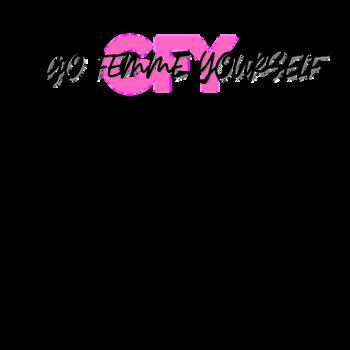
Samy joined the Center for Popular Democracy, fighting for DACA and Medicare for All. They then co-founded Bushwick Ayuda Mutua (Brooklyn Mutual Aid).

"It is normal that people wear whatever makes them feel powerful and confident and secure."
Nemire-Oliveras for The New York TImes
Since then, Samy has run for office and continues to advocate for real change with community organizations Samy is a co-host of the podcast Super Queers, coaches others to educate and train on LGBTQIA issues, and is available to speak at events and conferences. FEMISH is excited to have them part of our next event, July 16th, in Chicago: Go FEMME Yourself, which Samy creatively named. Samy is a bright sunshine full of education and experience. You cannot help but leave a conversation with them, feeling happy, hopeful, and seen. We encourage you to follow their journey

My mother went through bankruptcy and had to take on so much credit card debt, struggling to raise my sister and I. It was a very formative experience for me, and showed me how unequal society could be and how circumstances for people can change in a moment...
Nemir-Oliveras for The Indypendent
Dr. Rhea Ashley Hoskin and Dr. Karen Blair graciously took time out of their busy schedule to answer questions for FEMISH, while preparing for the 2023 PREACH Conference: An International LGBTQ Psychology Conference held in Toronto, CA.
These two are our Inspiring People for our June 2023 PRIDE Issue. Dr. Hoskin is a FEMISH Board Member, who has defined "Femmephobia" with her continued work in research as a feminist sociologist. Dr. Blair is a social psychologist using LGBTQ-inclusive research methods, and contributes to Psychology Today. In our interview, you will find what their work focuses on, why it's important, what society gets wrong, some fun personal stories, and more! Turn the page to read the interview!
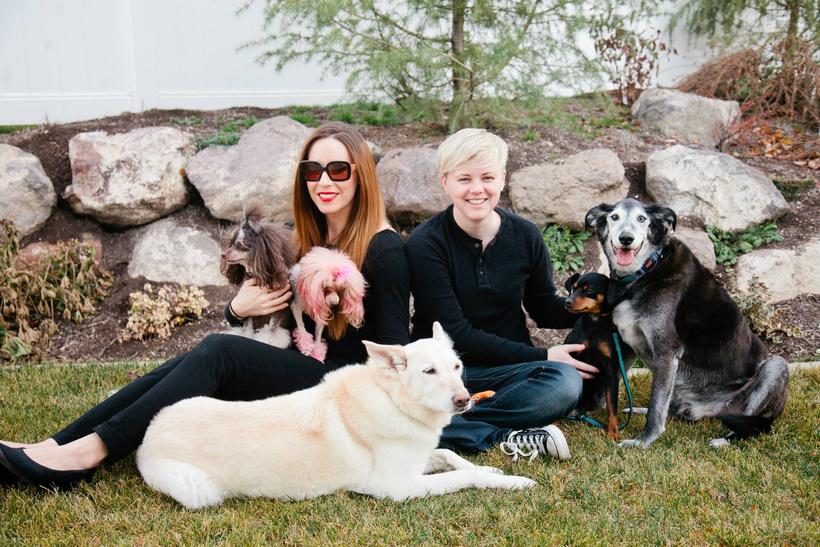
Can you summarize your work and the mission behind it?
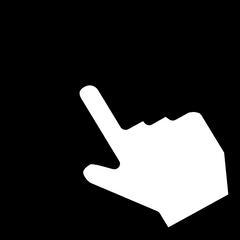





Dr. Hoskin: My work broadly focuses on femininity, especially regarding gender-based violence, as well as sexual and gender diversity. In my undergrad, I recognized an apparent gap in how feminist and sociological theories attended to femininity; specifically, this gap overlooked femme identities and experiences and how femininity was more than exclusively a tool of the patriarchy used to oppress women. The mission behind my work has always been to remedy this gap, bring femme voices, experiences, and insights to the “academic table,” and inspire people to think in more complex and intersectional ways about femininity...from a femme perspective!

Dr. Blair: I am a social psychologist, primarily focusing on close relationships In all of my research, I use LGBTQ-inclusive research methods, meaning that when I design a study about affection in relationships, I’m not only interested in heterosexual relationships, but I am also interested in how affection functions across all types of relationships - such as same-sex and gender diverse relationships One key area I’ve studied extensively involves understanding the role of social support and approval for our relationships - are our relationships happier and healthier when our friends and family support who we pick as partners? (short answer: yes!) Unfortunately, same-sex and gender-diverse relationships still often lack support from friends, family - and even society - so my research also includes the study of stigma, discrimination, prejudice, and hate crimes. Femmephobia is a common prejudice that exists both within and outside of LGBTQ+ communities, and thus this is where my work converges with that of Dr. Hoskin’s - or Rhea Ashley… but I call her Ashley. You can learn more about my research on my Psychology Today Blog or my website, where most of my articles are freely available to download and read.

In your opinion, what does society most often get wrong about femininity?
Dr. Blair: In simplest terms, I think society tends to erroneously believe that femininity stands in for “ women. ” Thus, we expect women to be feminine, and only women should express feminine traits. But not all women are feminine, which doesn’t make an individual any less of a woman. Women can be masculine, androgynous, feminine, or any combination of those three expressions On the flip slide, this also means that anyone can be feminine and that being both a man and feminine doesn’t make someone any less of a man
Dr. Hoskin: There are so many things that society gets wrong about femininity. It’s hard to pick just one. From a femme perspective, we can boil down what society gets wrong about femininity into two things: first, its value (i e , that it’s worthless, unimportant, or somehow “subordinate” to masculinity), and second, its purpose (i e , that it is either a set of traits that cisgender heterosexual women use to attract men or a tool of the patriarchy) These assumptions feed into various types of gender-based violence, harassment, and prejudice. What society “gets wrong ” about femininity not only contributes to pressing issues of violence but is also not an accurate reflection of the world. As a femme and femininity researcher who has spoken to people of all identities about their femininity for nearly two decades, when society talks about femininity in this reductive way, it feels to me like the equivalent of someone trying to convince me the world is in black and white despite existing in a kaleidoscope It’s just not true
Femininity is worthy and valuable, and it carries so much more purpose beyond a sexist gender role enforced upon people assigned female at birth
Much of what we label as “masculine” or “feminine” today comes from assessing the ‘most common interests’ among men and women in the early 1900s - I’m not sure we should be so surprised when people don’t fit so neatly into those same interests today - in fact, even in the early 1900s scholars observed that people varied greatly in how well they ‘conformed’ to the ‘ norms ’ of their sex when it came to interests and traits.
"Whatsociety“gets wrong”about femininitynotonly contributesto pressingissuesof violencebutisalsonot anaccuratereflection oftheworld."
Dr Hoskin
"Muchofwhatwelabel as“masculine”or “feminine”today comesfromassessing the‘mostcommon interests’amongmen andwomeninthe early1900s."
Dr Blair
What is your relationship with feminine expression?

Dr. Hoskin: I was raised by a second-generation feminist, who dressed me in my brother’s handme-downs. At a very young age, I made it known that I preferred frilly and feminine dresses over my brother’s (or other masculine) clothes, and my mother nurtured this creative femininity and allowed it to grow and transform as I wished. As I talk about in an article in the Journal of Lesbian Studies, the onset of puberty changed how my femininity was received by my surrounding world: from something creative, expressive, and quirky to something seen as attention-seeking and invested in boys' approval. This assumption couldn’t be further from the truth.
Flash forward to my undergraduate degree, where I majored in Gender Studies and Sociology, and I found myself grappling with some of those assumptions in light of my burgeoning sexuality If being a lesbian meant being masculine (or not being feminine), and I loved being feminine, then maybe I was not a lesbian I was also specifically attracted to masculine women, which complicated things further: some saw this as further evidence that I was really “straight” because masculinity is assumed to be an expression only for men – but, as Karen mentioned, women (whether they are cisgender or transgender) can be masculine, androgynous or feminine In short, my gender expression and sexuality seemed “at odds”; at least, that was the message I received from society I then discovered the narrative works of femme authors who helped me to understand myself and gave me words to describe my relationship to femininity: femme!
To this day, it’s striking that someone in Gender Studies would grapple with these thoughts. To me, it’s a great example of the outcome of excluding femme voices from theory and academia. Even in Gender Studies and feminist theory, we have erased feminine diversity and largely resorted to the same assumptions made by broader society.
Dr. Blair: I had the opposite childhood experience - my mom loved buying me lovely dresses and outfits. But by grade two or so, we had pretty clearly worked out that I wasn’t into dresses, and I had a set of matching sweatsuits that came in different colours, and I would cycle through those each day of the week! I was your typical tomboy and didn’t like frilly things, lace, dresses, or uncomfortable shoes I went to a high school where girls were supposed to wear a kilt as part of their formal uniform each Monday - but I never followed that rule and wore pants all but perhaps three days of the five years I was there One of the three times I wore the kilt was because someone else dared me to, and I made $50 out of the deal! Perhaps that alone says something about society’s expectations for women and femininity - my avoidance of it was worthy of someone spending $50 to dare me to “conform ”

do you determine your research topics?
Dr. Hoskin & Dr. Blair: We tend to determine research topics mainly by observing the world around us and reading the literature As researchers, we observe the world shaped by who we are and our areas of academic expertise. When we find something perplexing, we turn to the existing scholarly literature to see what other scholars have done, what gaps remain, or what oversights or biases exist in the research. We then develop studies to move the research forward, remedy those gaps, or address biases in previous works.
Dr. Hoskin: My research program has always been close to my heart and experiences When I turned to the literature, there was a shortage of research on femme and femininities, and what did exist was very reductive, stereotypical, and perpetuated many femmephobic assumptions. Thus, it has been quite a privilege to be able to spend my career focused on filling those gaps and conducting research with amazing femme participants.
Dr. Hoskin: I think the main challenges I face with researching femmephobia are helping people to understand its relationship to misogyny and sexism alongside the general treatment of the field of femininities. It can be hard to communicate the distinctions between misogyny/sexism (prejudice toward women) and femmephobia (prejudice toward femininity, across gender identity) to journalists who only want simple and concise soundbites
and audiences that aren’t particularly interested in getting into the nuance. I am always cautious that how I approach femmephobia in my work and interviews does not overshadow misogyny or remove the importance of addressing misogyny. Femmephobia is not a new buzzword we should pay attention to instead of misogyny. Femmephobia is a facet that we must consider alongside other forms of gender-based oppression. (Continued on the next page)
What has been your biggest challenge researching and writing about femmephobia?
Dr. Hoskin: (Continued from previous page) Secondly, the field of femininities is consistently disparaged and seen as unimportant In academia, we call this an ‘epistemic injustice,’ meaning that scholars do not produce or value knowledge on all topics equally: some knowledge is silenced, dismissed, excluded, or seen as unimportant, and this process is not “isolated”; it’s systematic Further to this epistemic injustice, as many other marginalized scholars know, it’s hard to research a specific form of prejudice when you are the target of that very same prejudice In the case of femmephobia, society’s general assumption that it is natural or normal to denigrate and devalue femininity makes defending the study of femmephobia even more challenging. I think Julia Serano said it best when she noted that while discrimination based on being a woman is generally frowned upon or not openly condoned (that’s not to say it doesn't happen!), discrimination based on femininity remains fair game. It’s hard to move a field forward when the epistemic injustices and prejudice it faces are still considered “fair game ” and a heavy burden for scholars whose intellectual, professional, and personal identities are in the crosshairs.
Dr. Blair: I have mostly just been along for the ride, which has enriched my research and teaching experiences I think the biggest challenge for me has been watching the slow pace at which academia seems to be realizing the contribution of femininities scholarship and the continued uphill battle of having this area of research seen as legitimate when it ‘stands on its own. ’ What I mean by that is that it is generally acceptable to sometimes study femininity or to incorporate the concept tangentially into a seemingly ‘ more important’ area of research. However, wholly focusing on femininity is not seen as a needed or valuable contribution. Several journals focus on the study of masculinity in various domains, but not a single journal focused on femininity. What is striking is that the concepts, theories, and research resonate with members of the public - of all different ages, walks of life, genders, and sexualities - but as we say in one of our articles, something has held the field of femininities in this constant state of emergence, never entirely seeming to ‘mature’ into a respected area of inquiry – But is that a surprise when we see femininity as a marker of immaturity and incompetence? The most valuable currency in science and academia is expertise; if society inherently views expertise as a masculine trait, then being an ‘expert on femininity’ will remain an oxymoron
"...the field of femininities is consistently disparaged and seen as unimportant. In academia, we call this an ‘epistemic injustice,’ meaning that scholars do not produce or value knowledge on all topics equally: some knowledge is silenced, dismissed, excluded, or seen as unimportant, and this process is not “isolated”; it’s systematic.."
Dr Hoskin

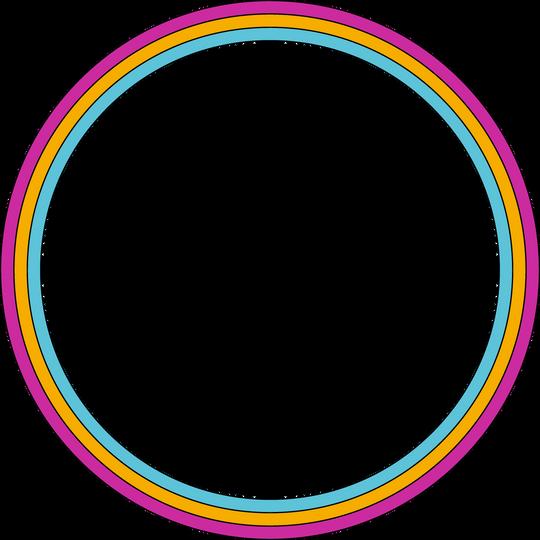
Dr. Hoskin: Hmmm, that’s a hard one! Maybe that I love weightlifting and used to be a fitness instructor Of course, being a fitness instructor may not be surprising (unless you know what an introvert I am), given the stereotype of the perky feminine instructor, but people are often surprised that someone feminine loves to lift weights, build muscle, “bulk,” or have any visible muscle whatsoever. In part, it’s because we associate masculinity with strength and power and femininity with weakness and powerlessness. For example, many people often assume that Karen is the “strong one ” in our relationship simply because she is more masculine than me. I have also encountered people’s surprise over the assumed contradiction between my femininity and love of weight lifting (and muscles) as a fitness instructor and when I lift weights in the gym. I think my femininity seems to give (unauthorized) permission to men to comment on my form and weight selection. Then again, across domains, men feel entitled to weigh in on what women do with their bodies, whether they’re feminine or not!
Dr. Blair: Well, based on Ashley’s answer, they might be surprised to learn that I’m not very (physically) strong! Ashley does all the heavy lifting around here - and I’m quite happy with that arrangement!
How did the two of you meet and what do you do for fun together?
Dr. Blair: We met while we were both graduate students at Queen’s University
Dr. Blair & Dr. Hoskin have been together since 2011, and married in 2015.

Our first date was at a Starbucks near campus I brought my dog Miles, Ashley brought her dog Ellenore, and we sat on the patio talking Our conversation quickly turned to our respective research areas, and Ashley tried to explain her concept of femmephobia and femme theory to me. It mostly went over my head, but as the evening went on, I began to get research ideas. I remember drawing many weird Venn diagrams and trying to explain that we could measure the theories she was articulating. We ended up going to dinner and staying up all night talking. Miles peed all over her apartment - in at least 3 or 4 different places - yet she still invited us back the next day That was 12 years ago These days, we go to bed around 9 or 10 pm, but other than that, much of our life remains as it was on our first date: good food, good conversation, brainstorming new research, and continuing to encourage Miles to pee outside.

If you could plan a FEMME Pride event/march, what would it look like?
Dr. Blair: Ashley (Dr Hoskin) did this when she was an undergrad at Trent University She decorated a float and dressed as Lady Gaga
Dr. Hoskin: That’s right! I organized a “femme float” during my undergraduate degree at Trent University. I dressed up as Lady Gaga - other people dressed up as SuperGirl, HelloKitty, Dorothy from the Wizard of Oz, Cleopatra, Marilyn Monroe, Betty Page… whatever feminine icon inspired them. I created and handed out pamphlets to teach people about femme identities and experiences. The materials and language were a bit clunky by today’s standards, and I would approach the value of softness and vulnerability with a bit more nuance if I were to run a similar event today. I would also do a better job of teasing apart femmephobia and misogyny. Still, I look at the pamphlet and feel proud of the budding femme scholar who wanted to change the world!
I would love a re-do of this event: a femme float at Toronto Pride, where we disseminate educational material and resources on femme identities, experiences, and femmephobia After all, the LGBTQ+ community can also be quite femmephobic, and they only mimic or reflect a broader society that devalues and controls femininity To challenge femmephobia, we have to be able to name it, identify it, and begin to challenge our thinking – even within the LGBTQ+ community.

FEMISH has joined forces with feminist sociologist Dr. Rhea Ashley Hoskin to get Webster's Dictionary to add the word "femmephobia." You can buy stickers at our Zazzle store, download a digital file for free on our website, or share out post of the definition from our page.
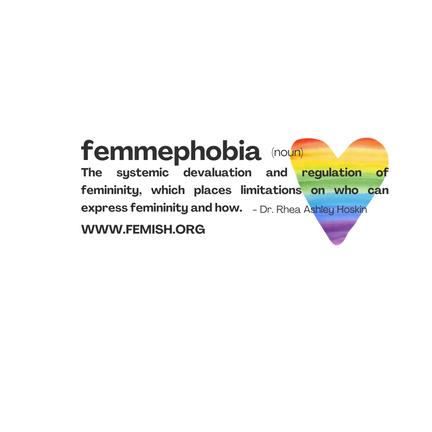
Check out our Instagram post for the rules to enter to win!
Need a passion project to fill your summer break? How about some extra credits toward graduation? FEMISH has remote interns and tons to work on from writing & editing, photography, social media content, research, event planning, and community organization.
Apply Here!
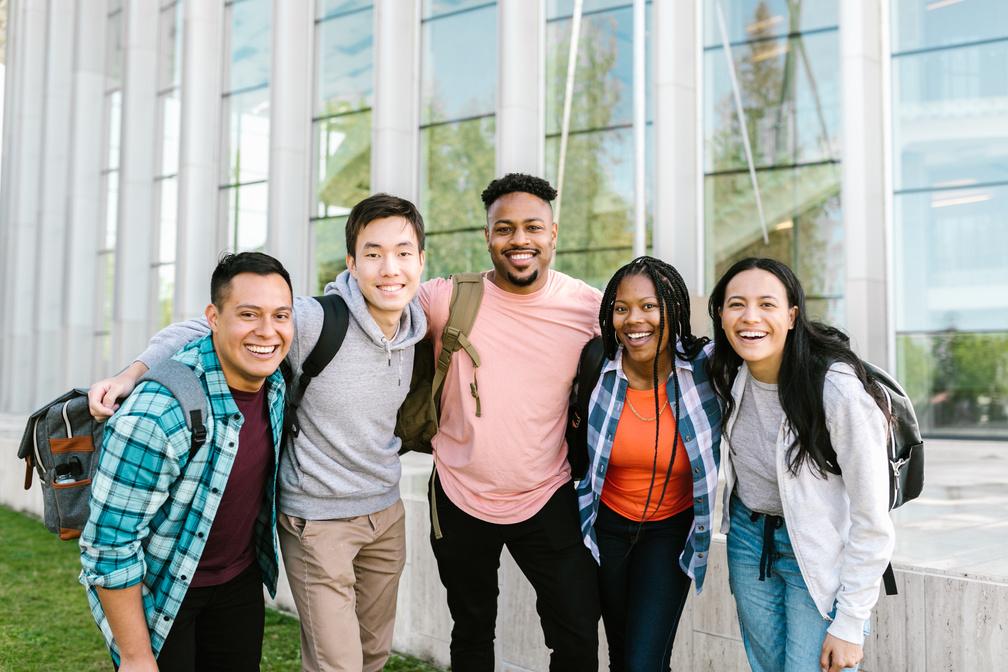
An International LGBTQ Psychology Conference in Toronto, CA : June 20-22

FEMISH Founder Samantha Martin will be in attendance at the PREACH Conference, in June, where research on femininity will be discussed and celebrated.
July 16th, 2023 1-4PM Chicago, IL

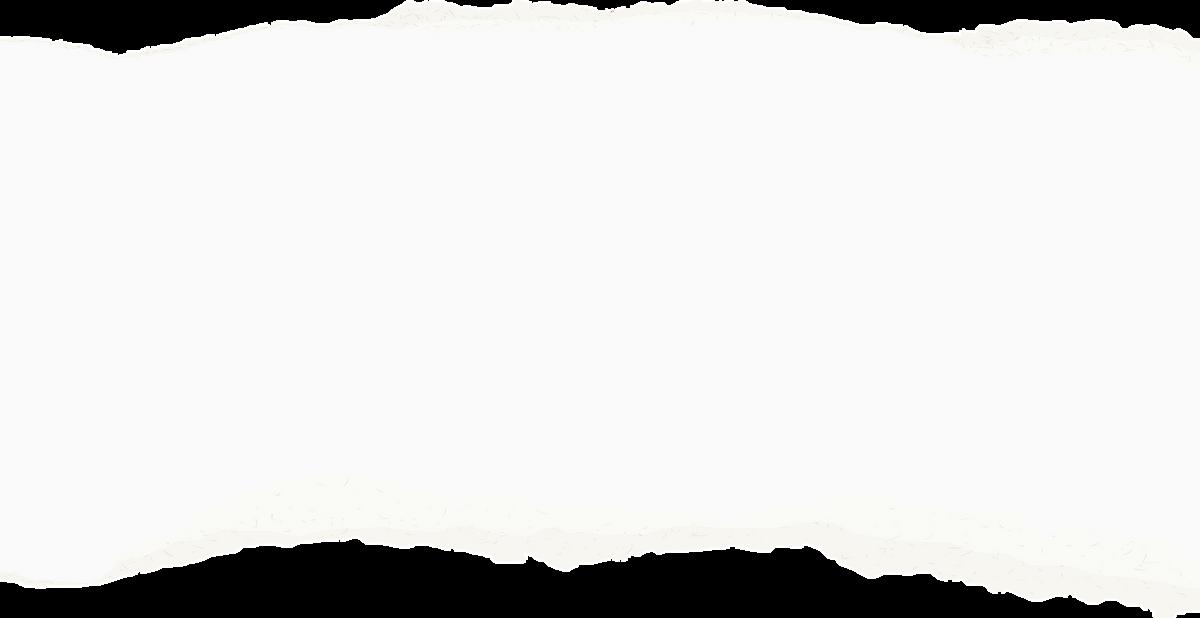
At Peer Beauty, we will be hosting an event all about being unapologetically yourself personally & professionally.
Speakers include Samy Nemir-Oliveras, meet them in our magazine here, Chicago Make-up Artist & FEMISH Board Member Suzanne Sabat, FEMISH Founder Samantha Martin, and a pop-up fine-line tattoo artist, Angelica Frontier, owner of Salon Halo.Ink! This will be a dry event and is sponsored by Curious Elixirs.
Spots are limited, grab your ticket here!
Definitions and labels allow people to understand themselves, and connect with others of similar identities and experiences. Someone can have multiple labels since sexual orientation, romantic attraction, and gender identity are all different things, and unrelated. Here are a few of those labels though this list should not be considered complete.
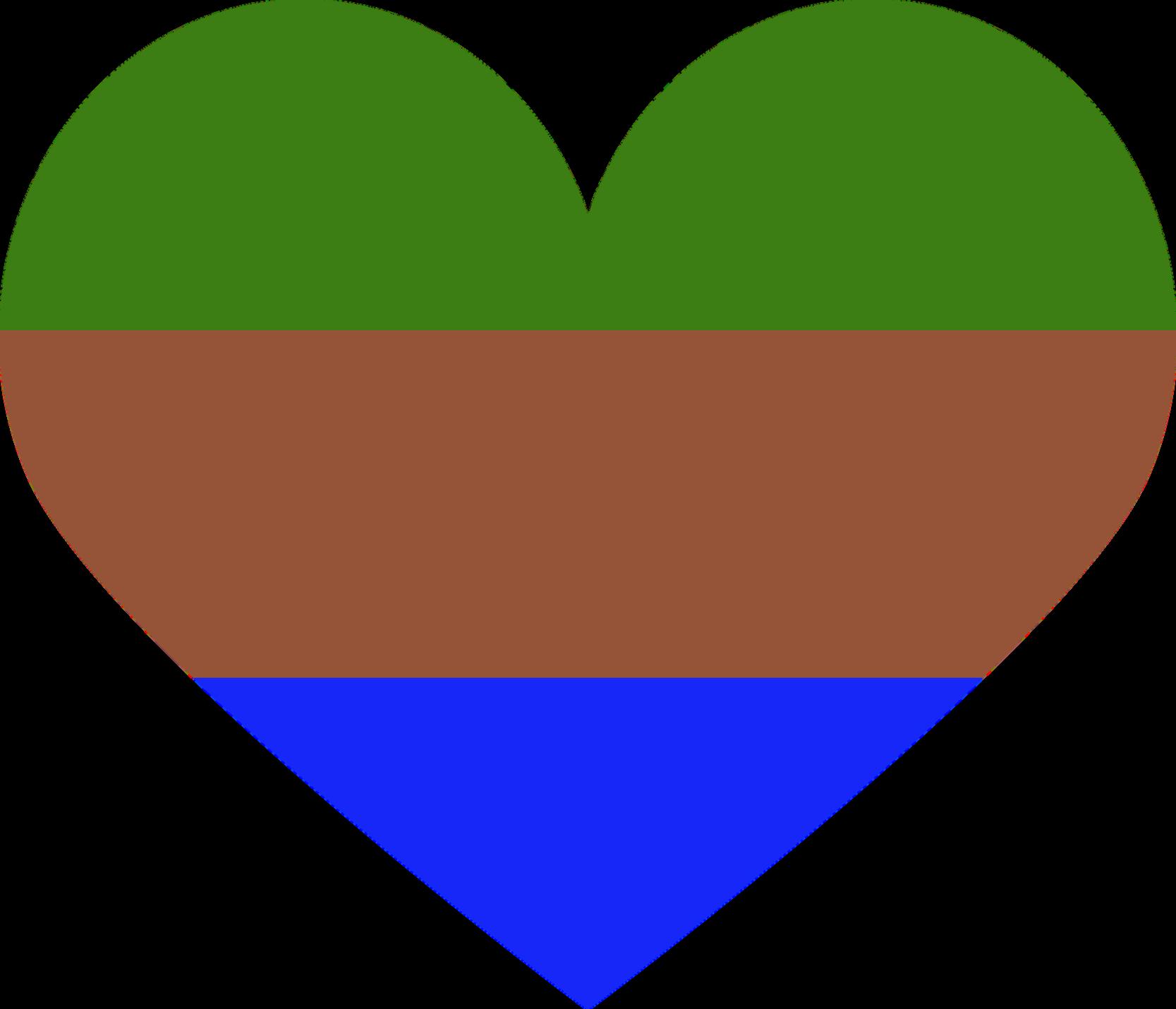

Lesbian- A person who identifies as female and is exclusively attracted to female-identifying people.
Gay- A male-identifying person who is exclusively attracted to people who identify as male.
Bisexual- A person who is attracted to two or more genders.
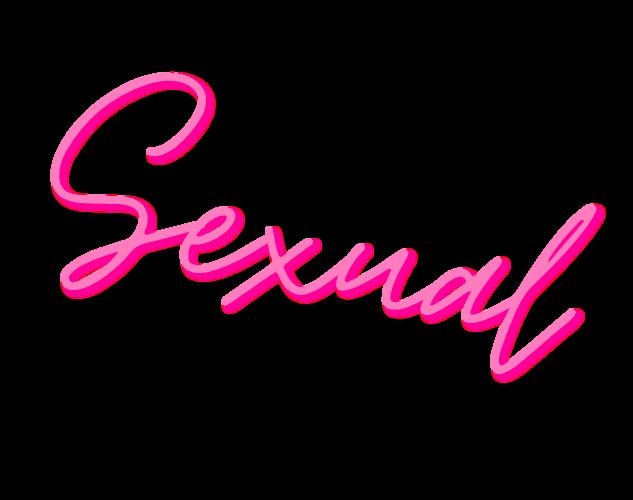
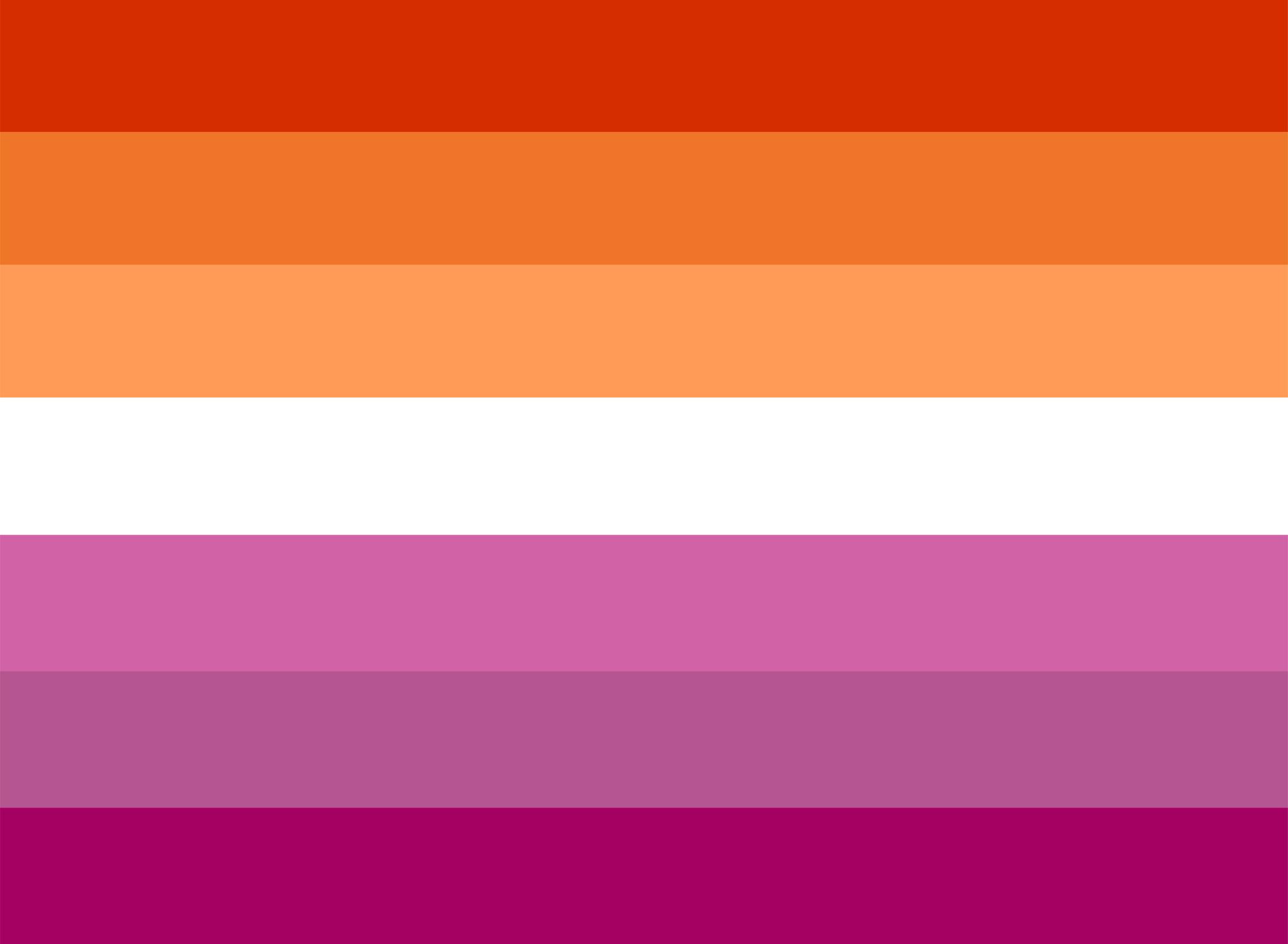
Homoflexible- A person primarily attracted to the same gender as themselves but not exclusively.
Heteroflexible: A person primarily attracted to the opposite gender as themselves, but not exclusively.
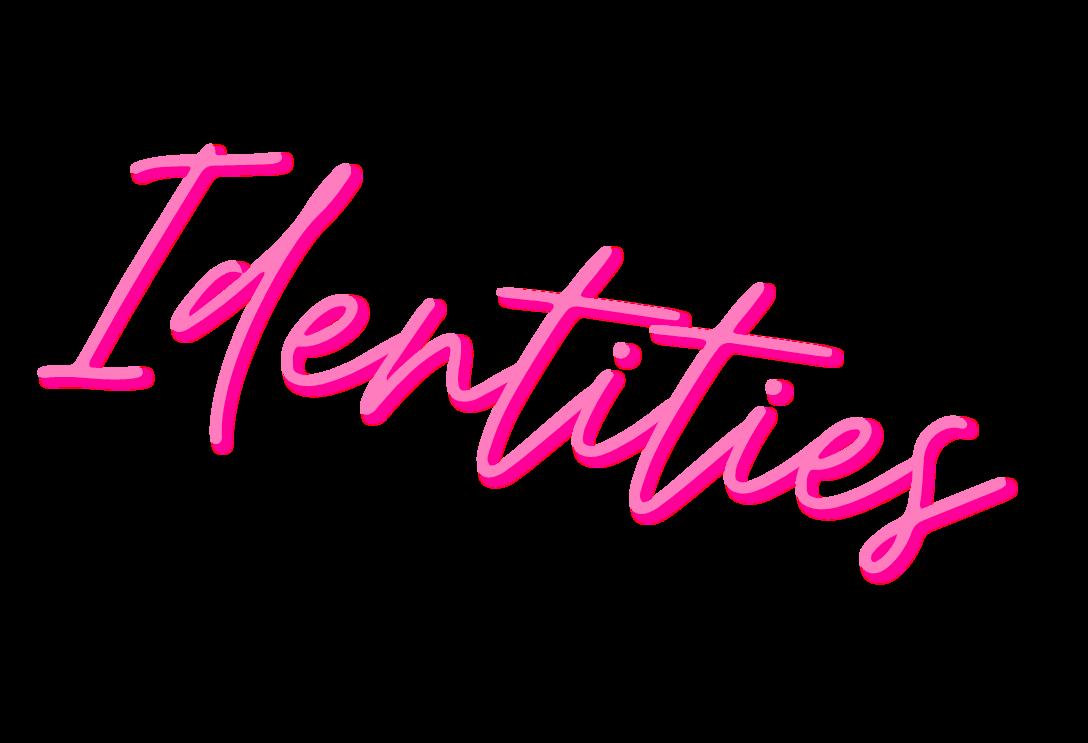
Pansexual- A person who is attracted to people regardless of gender

Asexuality- A person who does not feel sexual attraction to other people (They can have a romantic attraction)
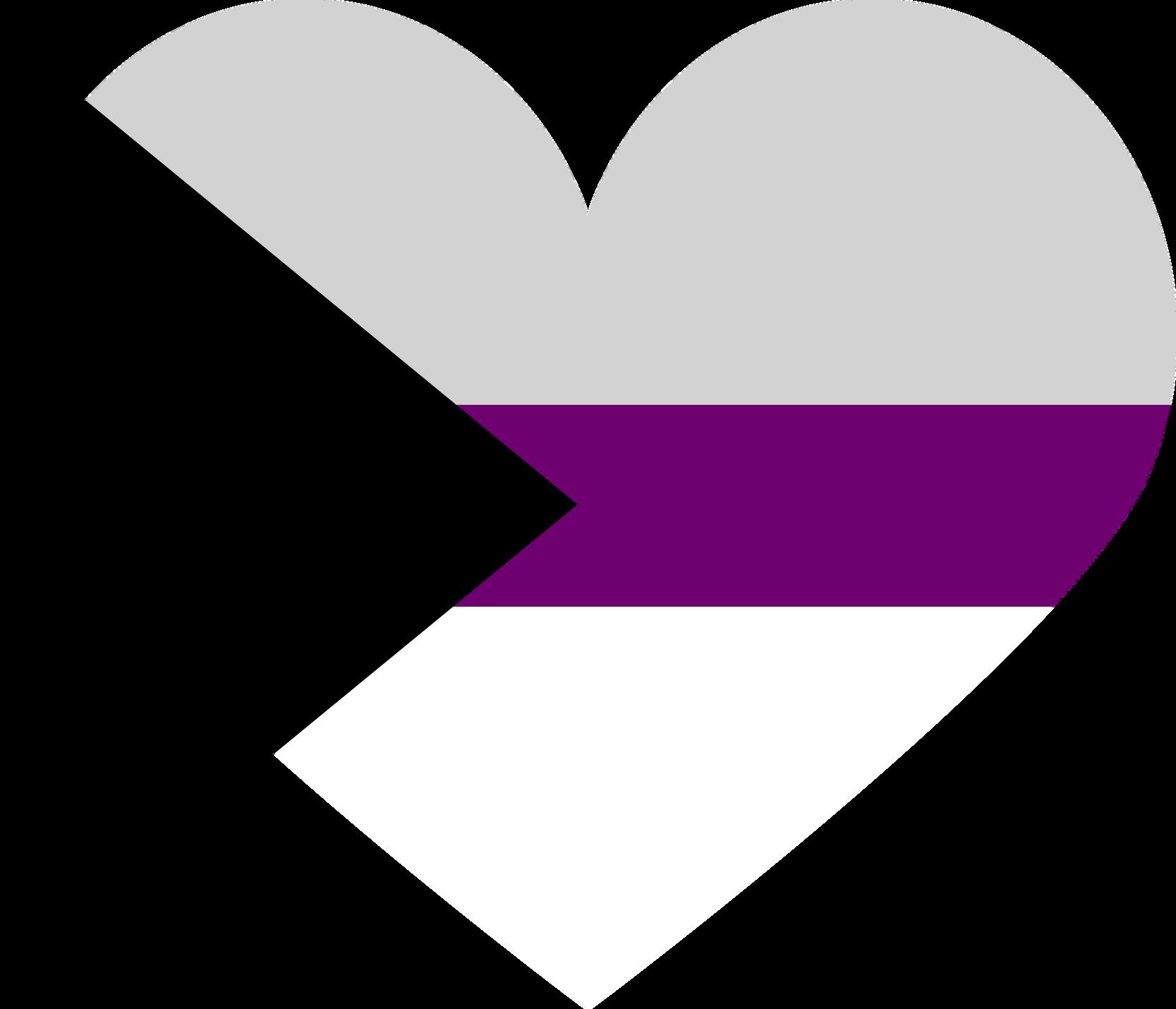
Abrosexual- A person who experiences different sexual identities over time
Sapiosexual- A person who is attracted to a person ’ s intelligence over their gender
Demisexual- A person who needs to form a close romantic bond with their partner before experiencing sexual attraction
Freysexual- A person who feels sexual attraction to people they do not know well but lose their sexual attraction as they form a romantic/emotional bond with their partner. (opposite of demisexual)
Biromantic- people who feel romantic attraction to 2 or more genders.
Omniromantic- A person who is romantically attracted to all genders.
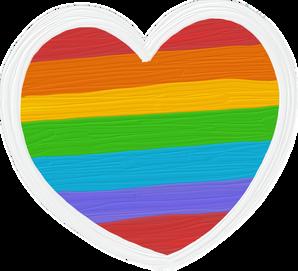
Gynerromantic- a person who is attracted to femininity
Panromantic- people who can form a romantic attraction with a person regardless of their gender
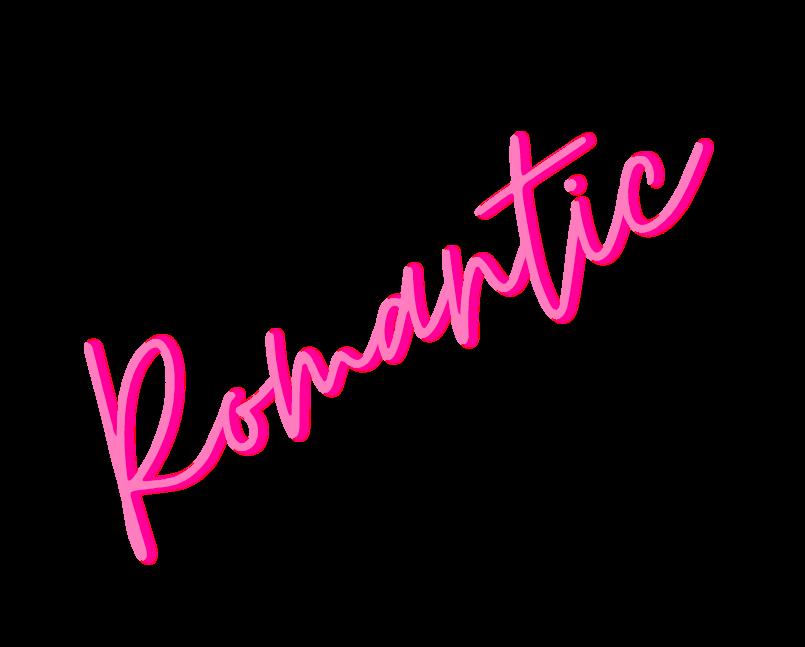
Andromantic- a person who is attracted to masculinity
Centeromantic - someone who is romantically attracted to a person who is non-binary





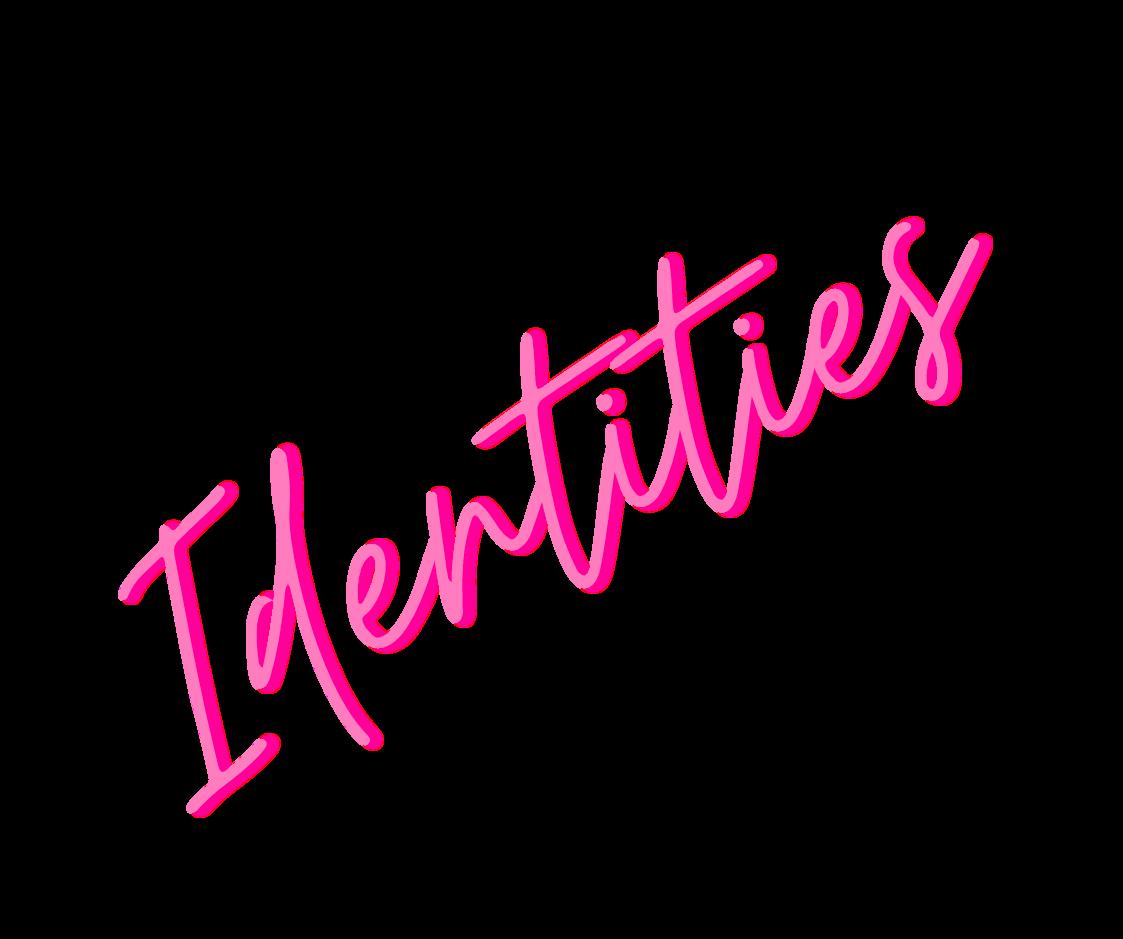
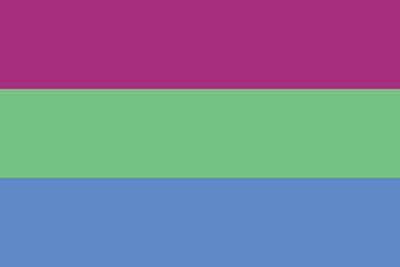
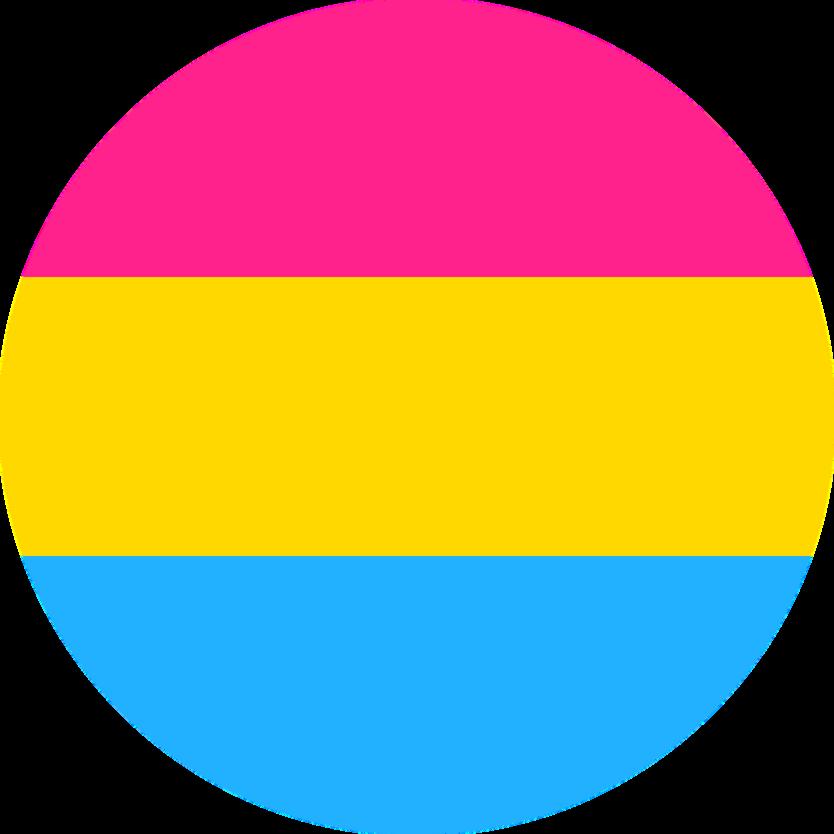
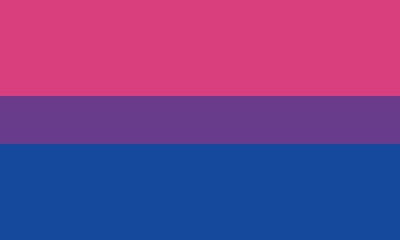

Demiromantic- A person who needs to form a strong emotional bond to experience romantic attraction.
Polyromantic- a person who is romantically attracted to many but not all genders

Aromantic (aro)- A person who experiences little to no romantic attraction









Homoromantic- someone who is romantically attracted to someone who identifies as the same gender as them

Non-binary- A person whose gender identity does not fall within the binary
Genderfluid- Someone whose gender identity changes over time
Transgender- A person's gender identity differs from the gender they were assigned at birth.
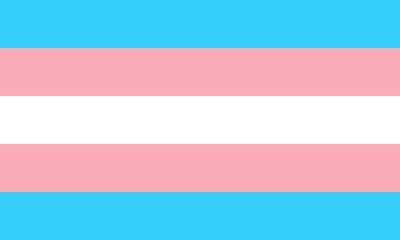
Hijra- Culturally specific to Indian culture- Not transgender, but people assigned male at birth with a feminine presence (third gender). This could also be people who are intersex.
Waria- Men who live as women within Indonesian culture
Genderqueer- is an identity that is somewhere in between male and female.
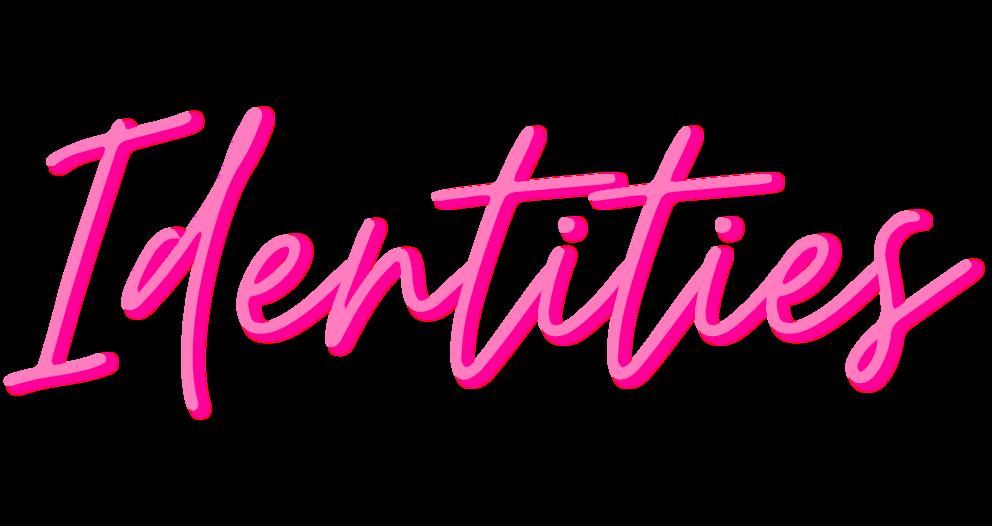
Polygender- A person who experiences more than one gender at a time
Intergender- A gender that some people who are intersex identify as. It is a mix of the binary genders.
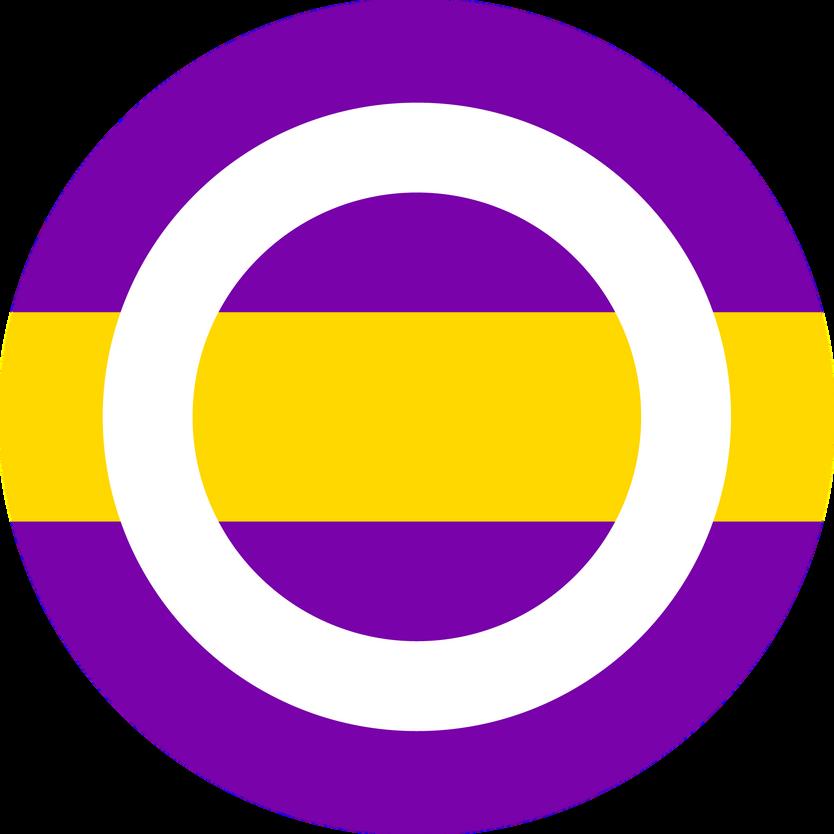
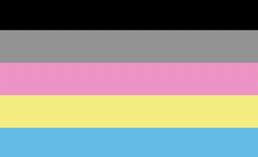

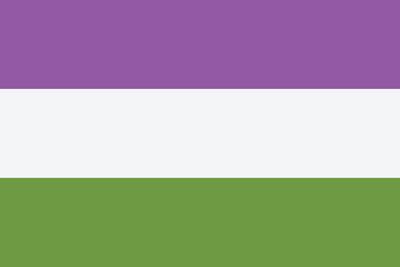
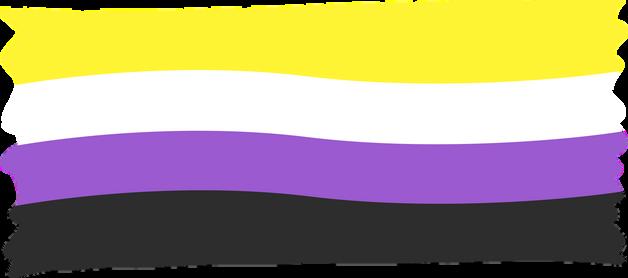
Bigender- a person who identifies as 2 genders (Male/female, female/nonbinary, etc)
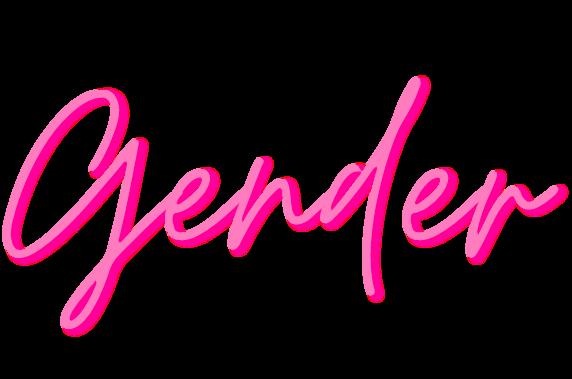
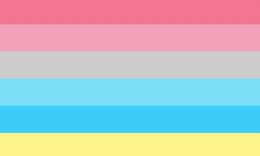
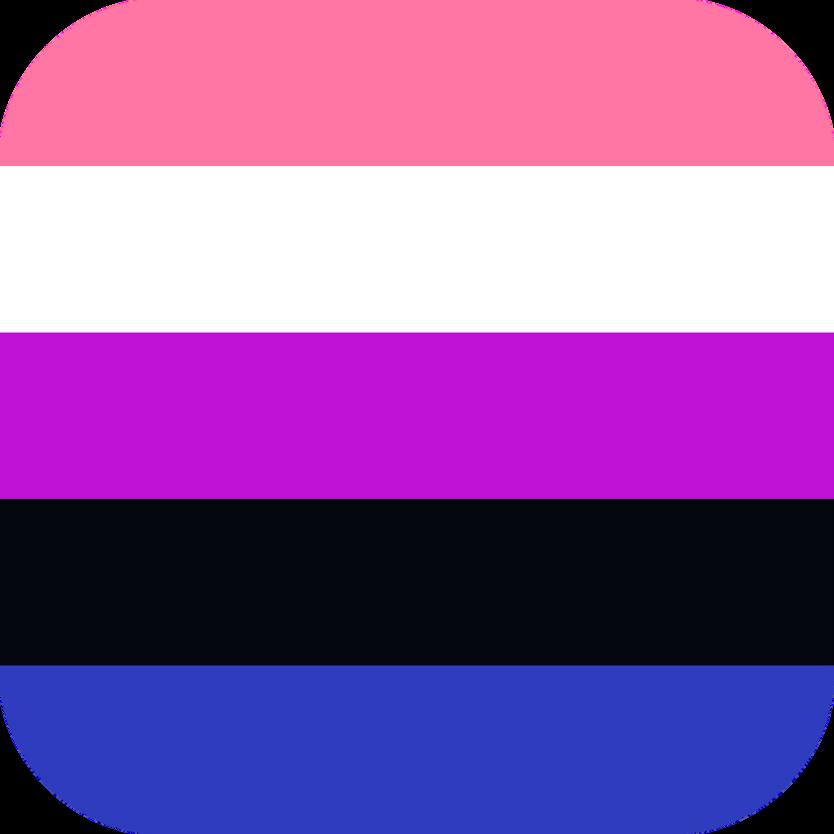
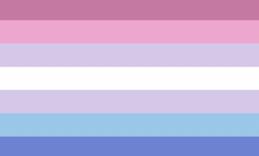

Genderflux- A person whose gender identity fluctuates in intensity over time

WATCH AS STYLES GET UPDATED AND HEARTS GET WARMED WITH THESE 7 EPISODES A TIMELY VIEWING TO SHARE IN THE PRIDE AND THE STRUGGLES OF BEING A PART OF THE LGBTQIA COMMUNITY IN 2023
SEVEN HUSBANDS OF EVELYN HUGP
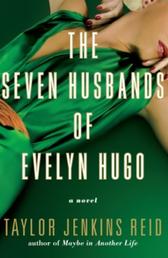
A FICTION STORY ABOUT A FAMOUS ACTRESS, AND WHO THE REAL LOVE OF HER LIFE WAS...SOMEONE NO ONE EXPECTED.
SUPER QUEER
LISTEN IN WITH SAMY NEMIROLIVERAS AND JESSIE PIERCE AS THEY COVER SUPER-QUEER-OES ACROSS THE COUNTRY WITH SUPER POWERS FOR CHANGE AND COMMUNITY.
DONT FORGET! THIS ENTIRE MAGAZINE IS INTERACTIVE, THERE ARE LINKS EVERYWHERE!

Wewillneverstopsharingresearchandstoriesto createabondedcommunityofchangemakers. Femmephobia&Gender-policingareprohibiting trueequality,andwehavehadenough.
FilloutourContributorformbelowandseehowyou canaddyourvoicetoournonprofitorganization's platforms.
